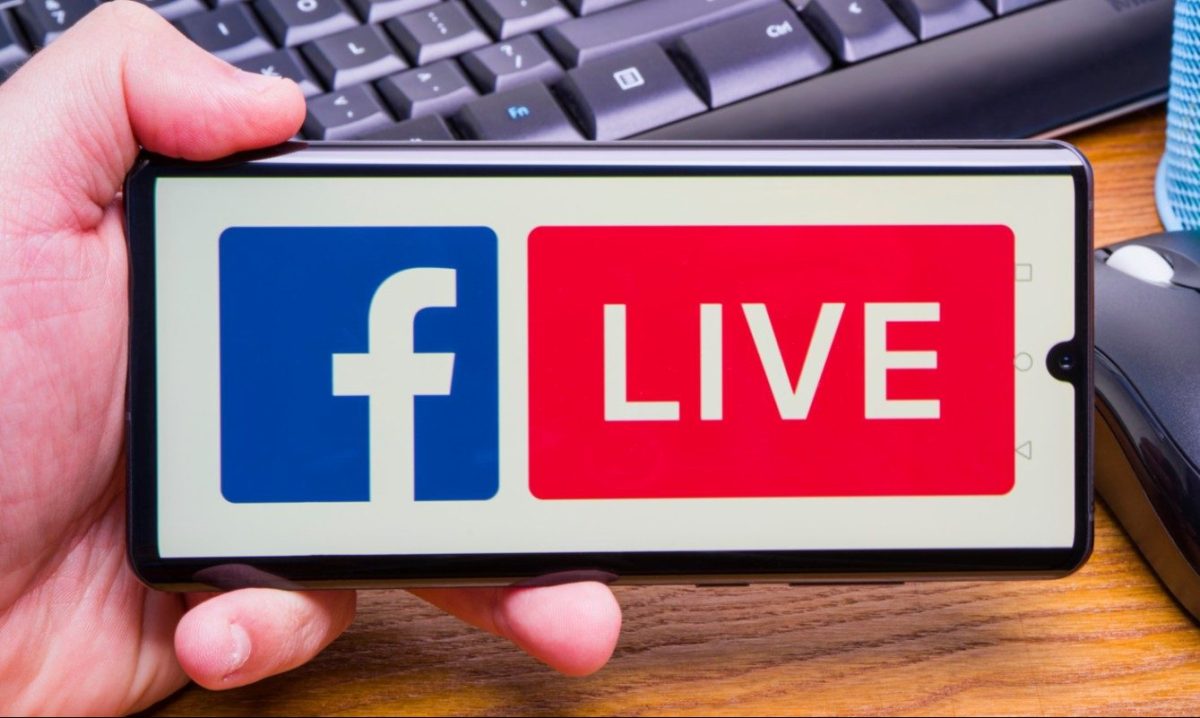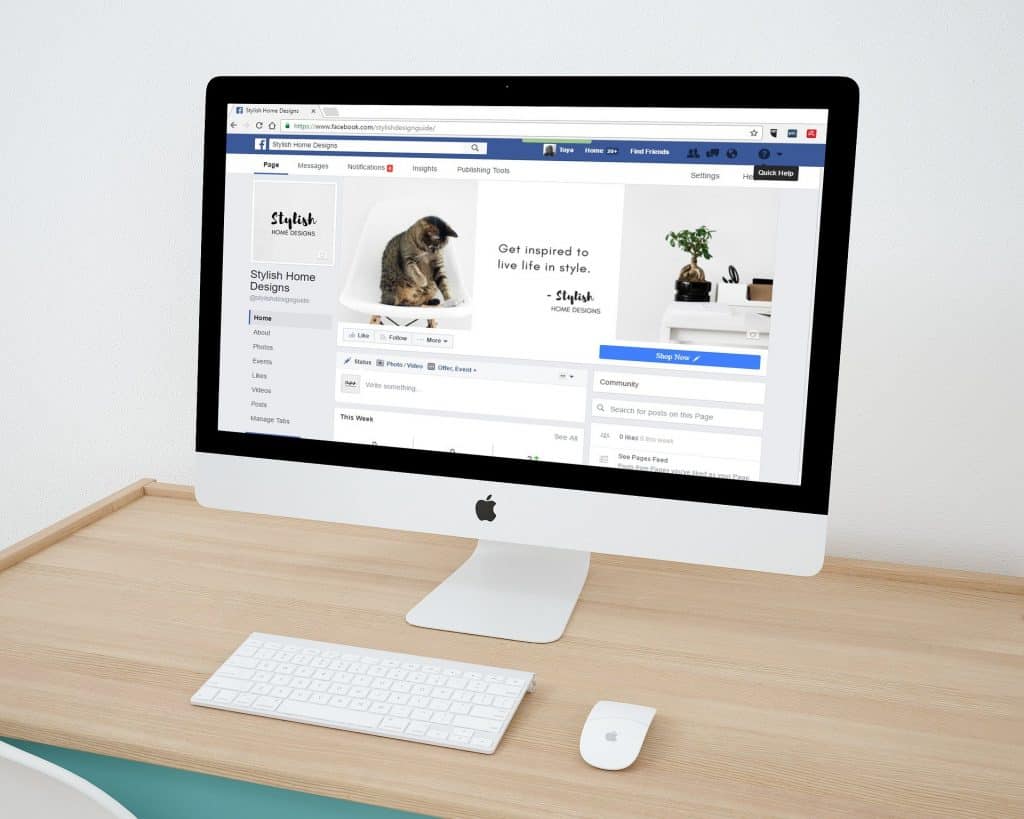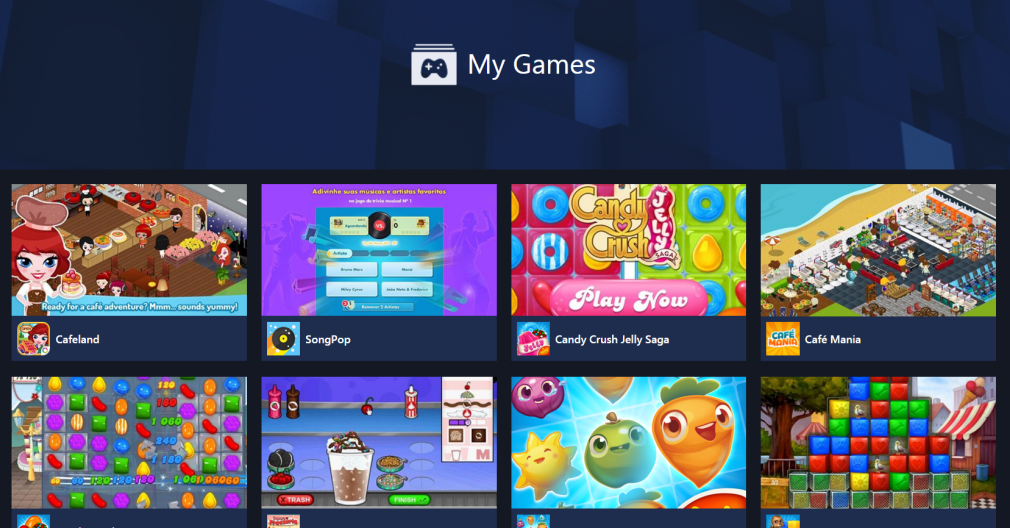Like most social media platforms, Facebook is increasingly looking for ways to provide you with everything you might need from social media on their website. This isn’t an altruistic goal, of course; Facebook wants people to stay on their site as much as possible because it means more money for them! Still, that doesn’t mean you can’t take advantage of the incentives they are dangling to keep you there.
Facebook Live is one such incentive; a live streaming option that broadcasts straight out to Facebook, and can be used for anything from casual chats with friends, to live performances and even business talks. But, as useful as it can be, can you make money on Facebook Live?
The answer is, of course, yes. You can make money on Facebook Live, and in this article, we’re going to take a close look at how you can make money on Facebook Live.
What is Facebook Live?
As mentioned above, Facebook Live is Facebook’s in-platform video streaming function. It allows users to start streaming video to their friends, followers, subscribers, and even total strangers on the platform with, in many cases, a single click. Indeed, if you are just streaming yourself in selfie mode, there would be no more setup required than it takes to get ready for a video call, and it’s as simple as that everyday task, as well.
While users have found a myriad of ways to use Facebook Live, it is designed for a personal, almost intimate experience. Consider a person of note—a celebrity or world-leading expert in a particular field, even just a regular person with a lot of friends. The sort of experience Facebook seems to have in mind is a person like that getting on video, live, and casually chatting to their fans, followers, and interested parties, answering questions from the chat, and generally “holding court”.
The video created during a Facebook Live—including the real-time chat—remains visible on that person’s Facebook page (unless they decide to take it down) and is eligible to show up in other people’s feeds when relevant.
Still unsure why you might want to use Facebook Live? Here are some common reasons;

Holding Q&As
One of the most common ways to use Facebook Live for interactive purposes is to hold a questions and answers session with your followers. These live streams typically just consist of the person in the video answering questions from fans. Sometimes they will get those questions directly from the chat in real-time, sometimes they will have polled their followers beforehand. It could even be a mix of the two.
Depending on the type of person doing the stream, the questions could be of a personal nature, such as would be the case for a celebrity whom fans just want to know more about, or they could be more professional, like asking a technology journalist about upcoming stories.
Giving Insight and/or Insider Information
On a related note to the hypothetical journalist above, a professional giving interested viewers an inside look at something they would not normally get to see is another good use for Facebook Live.
Some examples of this include an actor giving their viewers a glimpse behind the scenes of the set they’re working on, or a sound technician showing the chaos backstage at a gig they are setting up. Things like this will nearly always have an audience because there will always be someone interested, and it’s not something they can easily just go off and experience themselves.
Connecting With Your Audience
Facebook Lives don’t have to be offering any specific information to their viewers to have value to them. Personal blogs and vlogs have always been popular for the right people for a reason, and the same applies here. If you are popular enough that people want to know about you, they will welcome any insight into your life.
What makes this different from a Q&A Facebook Live is you don’t necessarily have to be interacting with the audience (though you certainly can). You could just be giving a bit of an update on your life, having a rant, or dropping stream-of-consciousness chatter on your viewers.
It’s worth noting that just turning the camera on with no plan and no real substance to offer is something that only really works for people with an existing fanbase. And we stress fanbase here because fans are not necessarily the same as followers. Fans will be happy to get a glimpse into your life, but people who follow you because you share industry-specific news aren’t likely to care what you’re having for dinner.
Sharing Industry-Related News
If you are a journalist (or something similar like a YouTuber who covers industry news), or a business, you could also use Facebook Live to break news, give updates, talk about new developments, and generally anything related to your field of expertise.
One example of this might be a sci-fi YouTuber going live from Comic-Con, giving a glimpse of proceedings to the thousands of people who wanted to go but couldn’t make it for whatever reason.

Making Money With Facebook Live
Now that we know what Facebook Live is and what you might use it for, how do we make money from it? Fortunately, Facebook has systems in place to help you do that very thing. And, as we’ll touch on shortly, there are always other ways to monetise your content, even if it means not using the official Facebook channels for monetisation.
In-Stream Ads
Perhaps the most familiar form of monetising video content, Facebook’s in-stream ads allows streamers to run ads during their video content, earning money based on the number of views and interactions those ads get.
Facebook gives you a good degree of control (if you want it) over how these ads are displayed. For example, you can run pre-roll ads that show an ad between 5 and 15 seconds long before showing the stream. You can also opt for mid-roll ads, which temporarily take over the main feed but keeps your live stream playing in a floating window. It is also possible to choose banner ads, which show up below your video (on mobile) and above chat.
In each case, Facebook aims to serve ads with as little disruption to the viewing experience as possible.
Stars
Facebook offers a way for viewers to tip live streamers using “Stars”, which are comparable to “bits” on Twitch. Viewers buy stars and can then send them to the live streamer. As the streamer, you earn one cent for every star you receive. Viewers can send a custom amount of stars, but they are encouraged to choose from a preset selection including 50, 100, 200, all the way up to 2,000.
Stars allow Facebook to make money also, in a very similar way to how currency exchange companies make money. While live streamers will earn one cent per star received, it costs viewers more than that to buy the stars, and that is where Facebook’s profit margin comes from.
Promotional Content
Making money through Facebook Live does not necessarily mean you have to use Facebook’s built-in systems. If you have things to promote—products, courses, live appearances (such as concerts)—you can use Facebook Live as a way to build interest, drive traffic, and generally raise awareness.
Granted, this is a much less direct way of making money with Facebook Live, and one that can be hard to track the success of, but it’s certainly an effective use of the service.
Brand Deals and Sponsorship
Another method of making money with Facebook Live that doesn’t involve Facebook itself is by striking up deals with brands. Essentially, you will get paid directly from a person or company to include certain content in your live streams. This content could be a straight-up ad, a review of a product, a how-to session, or anything really that raises awareness of the thing you’re being paid to talk about.
Of course, you will need to get into a position to make these kinds of deals before being able to take advantage of them. Having a large audience is usually enough, but content creators with smaller audiences can still get brand deals if they have a focused niche with an engaged audience.
Final Thoughts
These days, it’s possible to make money using just about any content creation platform on the Internet, regardless of whether that platform has any systems in place to make it easier for you. As it turns out, Facebook Live does have systems in place that allow you to make money.
But, like anything else, you need to get into a position to take advantage of these systems (or any other method of generating revenue) before you can benefit. You will need to grow an audience, build a reputation, and become someone who people are willing to watch when they go live. What that means for you specifically will depend on what your business is, but it will almost certainly require a bit of patience.





















